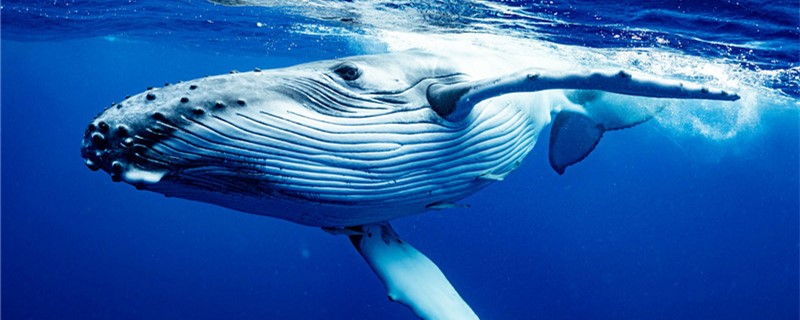
The whale is a mammal that lives in the sea. They originally lived on land, but later changed their living environment because of environmental changes, and turned to live in the ocean. However, as mammals, whales need oxygen. The whales' blood carries oxygen and circulates through their veins every time their hearts beat. But whales are not easy to breathe in the water, so in the long course of evolution, the body structure of whales makes their heart beat very slow, so that their demand for oxygen will be reduced, they do not have to frequently come to the surface to breathe.
As mentioned above, the heart rate of a whale is very slow, which is the result of the long evolutionary process of whales. Only a slow heartbeat can keep enough oxygen for them to swim in the water for a long time. In fact, the metabolism of whales themselves is relatively slow, which is one of the reasons for their slow heartbeat. Specifically, the number of heart beats per minute in whales is generally no more than 10. Researchers have done an experiment on the heartbeat of a blue whale in the feeding state, and found that their heartbeat is only 8.5 times per minute. Whales have a very slow heartbeat compared to humans and other land mammals.
However, the heartbeat of whales is not always so slow. The study found that their heart rate increased as they slowly rose to the surface of the water. When they dive to the depths of the ocean, their heart rate slows down.